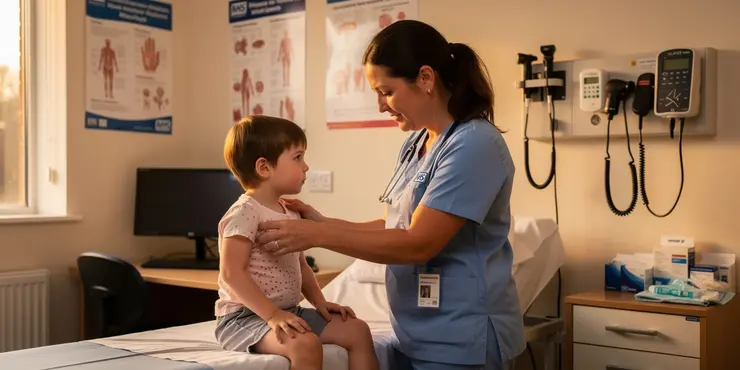
Find Help
More Items From Ergsy search
-
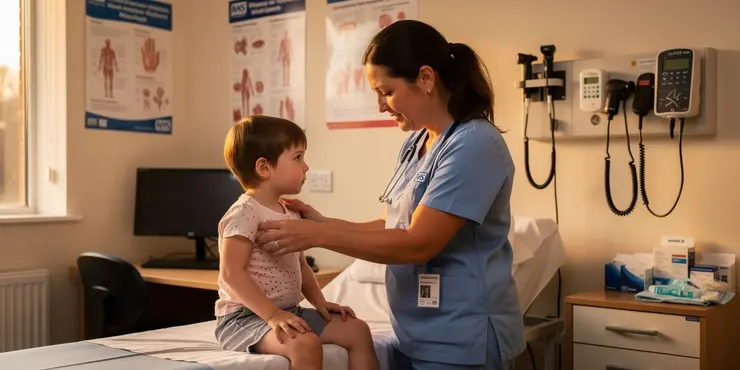
What are the symptoms of chickenpox?
Relevance: 100%
-
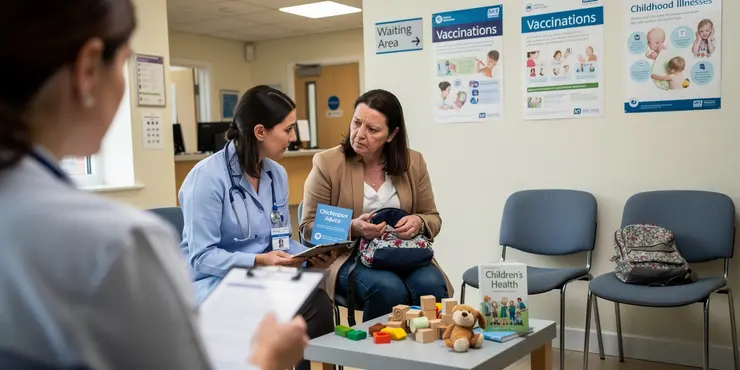
Is it safe to use aspirin to treat chickenpox symptoms?
Relevance: 88%
-
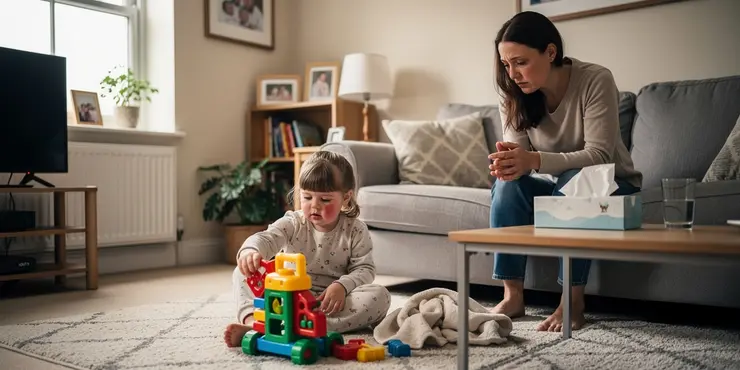
What is Chickenpox?
Relevance: 80%
-
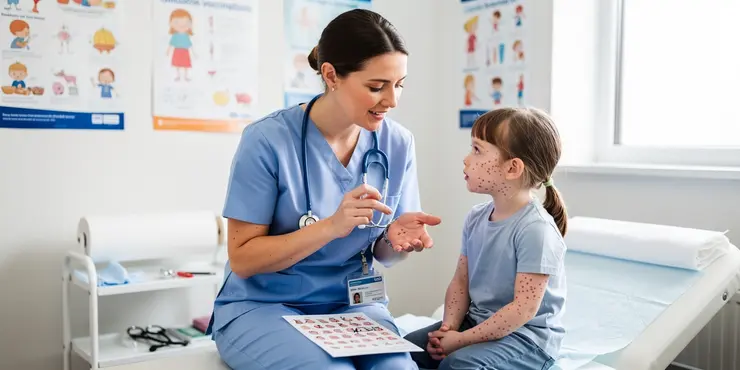
Is chickenpox contagious?
Relevance: 79%
-
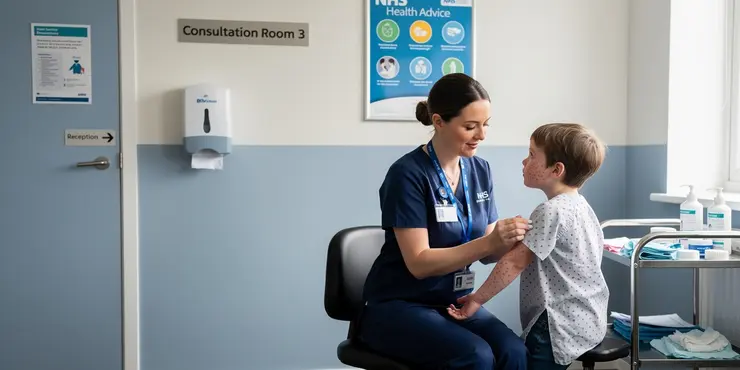
What is the treatment for chickenpox?
Relevance: 76%
-
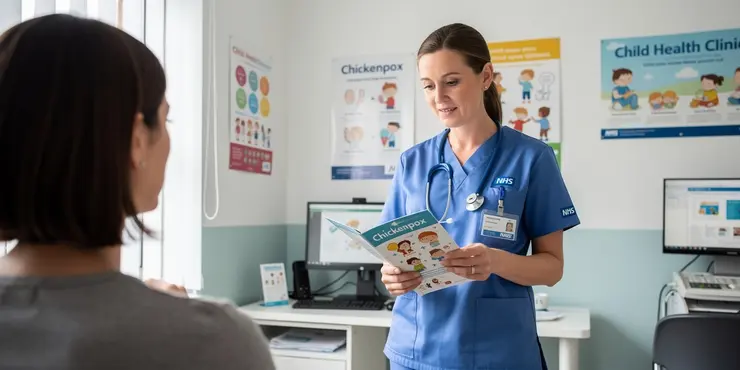
How is chickenpox spread?
Relevance: 75%
-
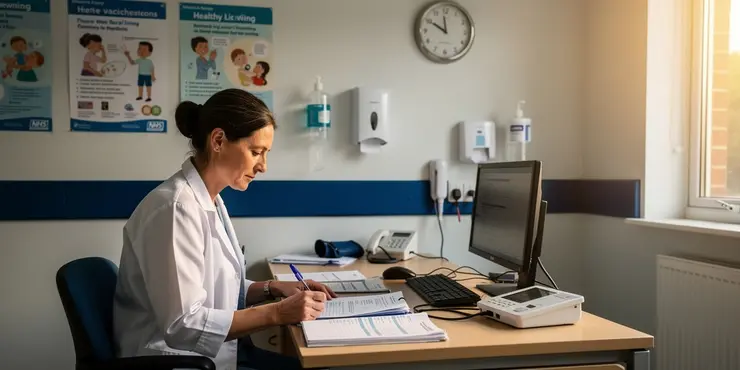
Can adults get chickenpox?
Relevance: 74%
-
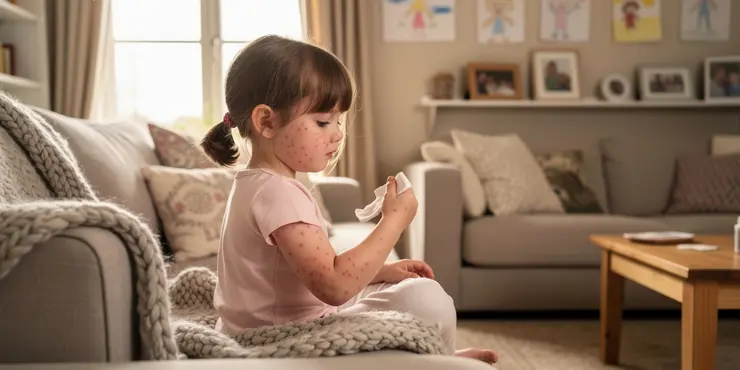
Are there home remedies for chickenpox?
Relevance: 73%
-
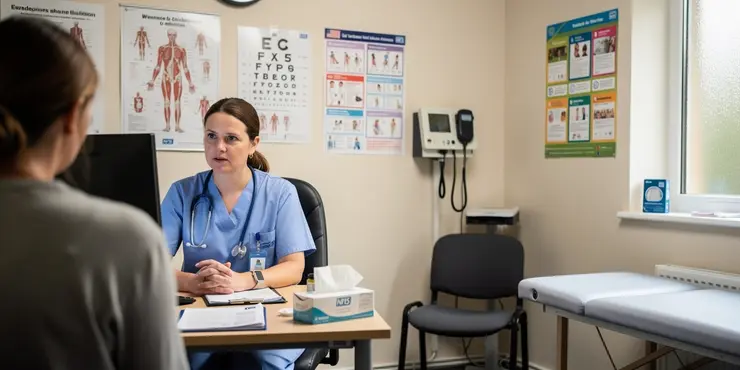
What are the complications of chickenpox?
Relevance: 72%
-
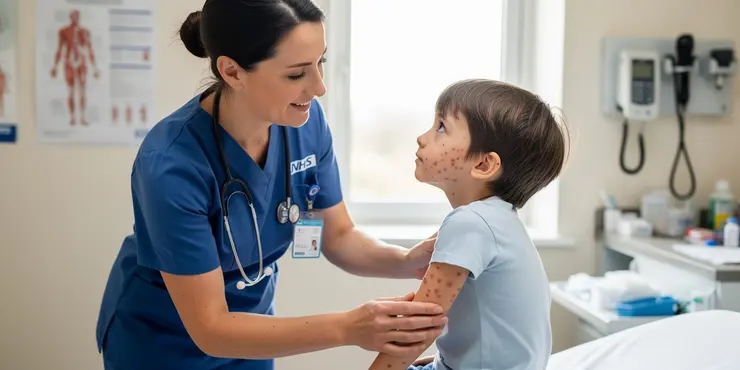
How long does chickenpox last?
Relevance: 71%
-
Can pregnant women get chickenpox?
Relevance: 69%
-
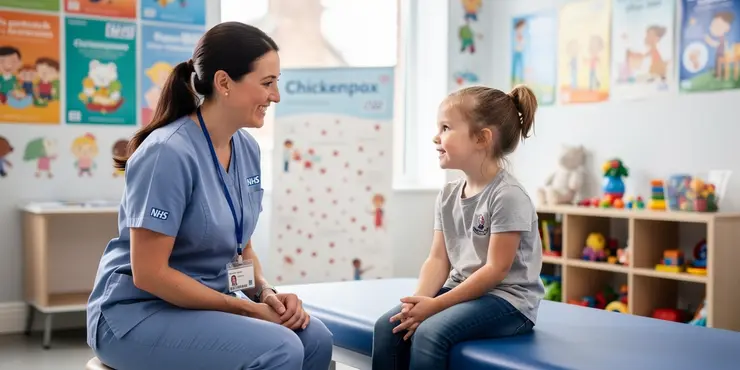
Common health questions about chickenpox | NHS
Relevance: 69%
-
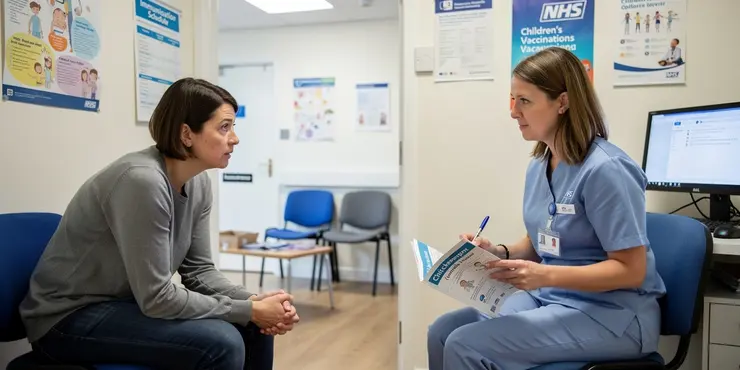
Can chickenpox be prevented?
Relevance: 68%
-
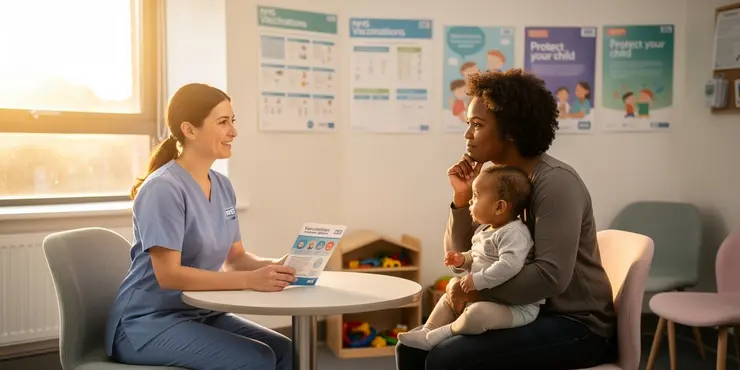
Should I get the chickenpox vaccine?
Relevance: 68%
-
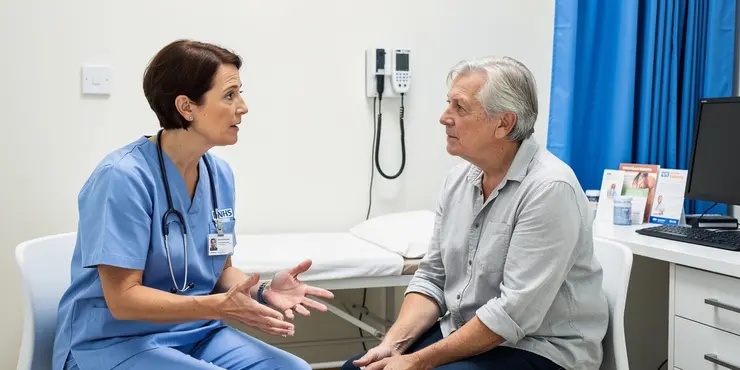
Can the shingles vaccine cause chickenpox?
Relevance: 66%
-
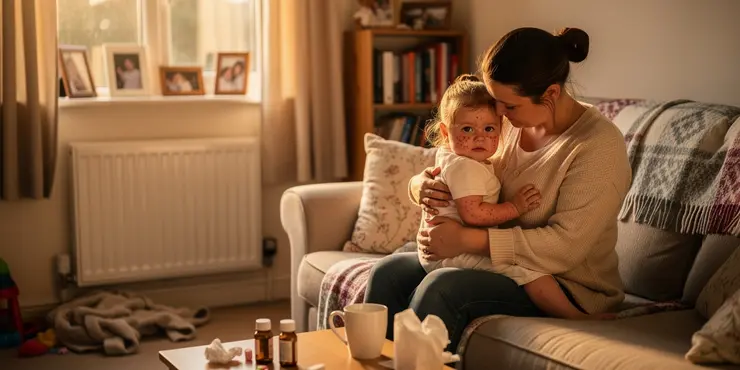
How to Keep a Child With Chickenpox Comfortable
Relevance: 64%
-
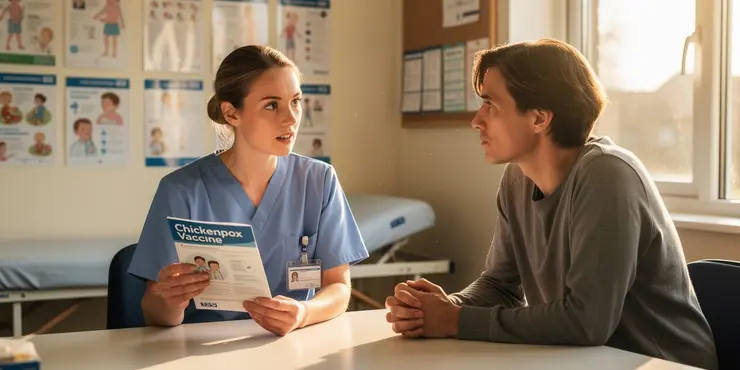
Who should get the chickenpox vaccine?
Relevance: 64%
-
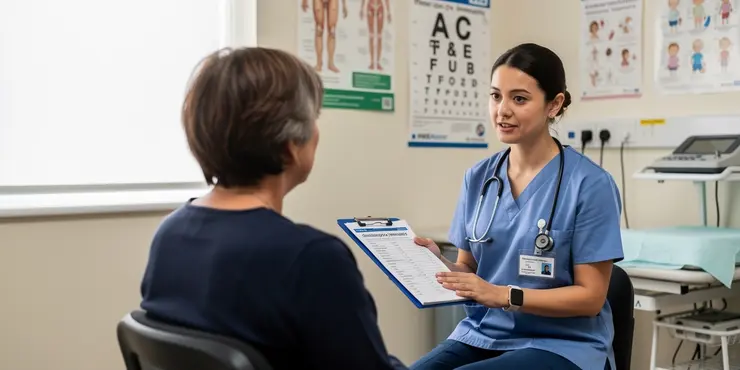
Can you get chickenpox more than once?
Relevance: 63%
-
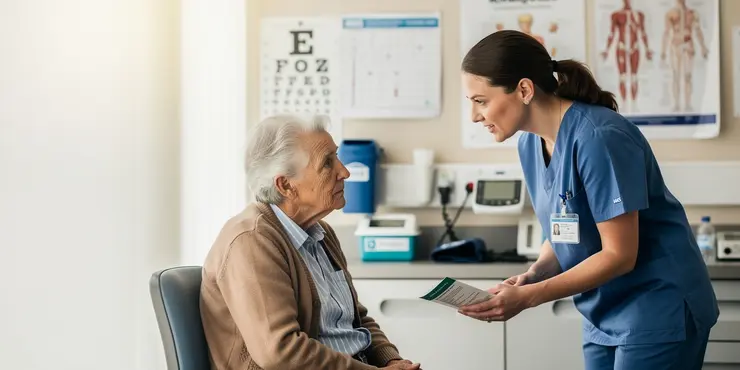
Can the shingles vaccine cause chickenpox?
Relevance: 62%
-
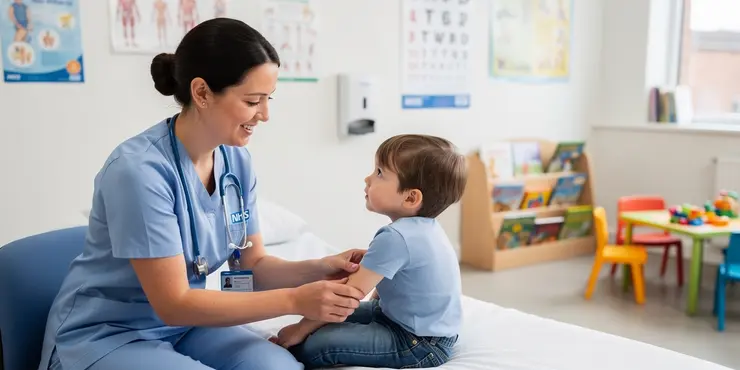
How long is the incubation period for chickenpox?
Relevance: 50%
-
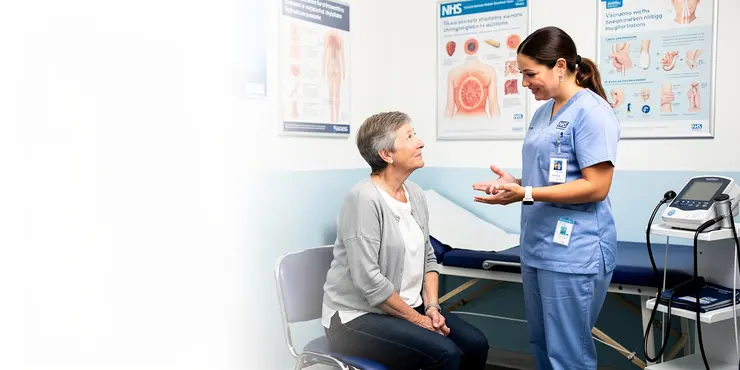
What are the symptoms of shingles?
Relevance: 43%
-
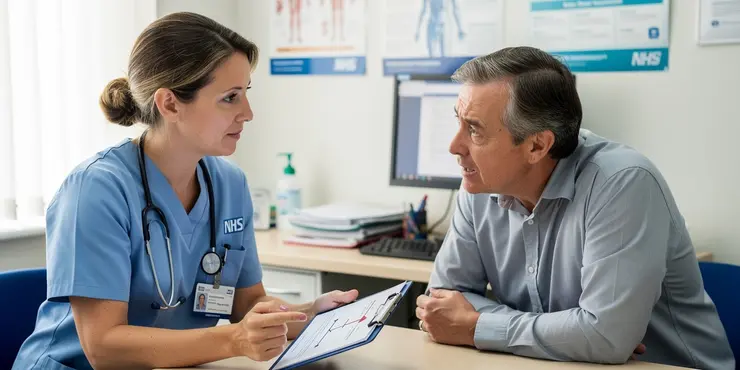
How long does it take for symptoms to appear?
Relevance: 36%
-
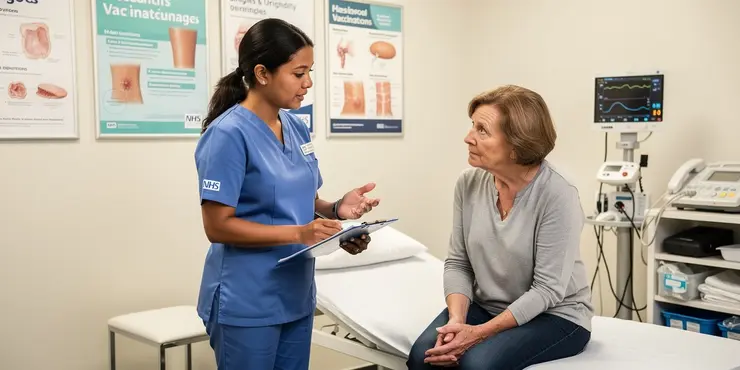
Is shingles contagious?
Relevance: 36%
-
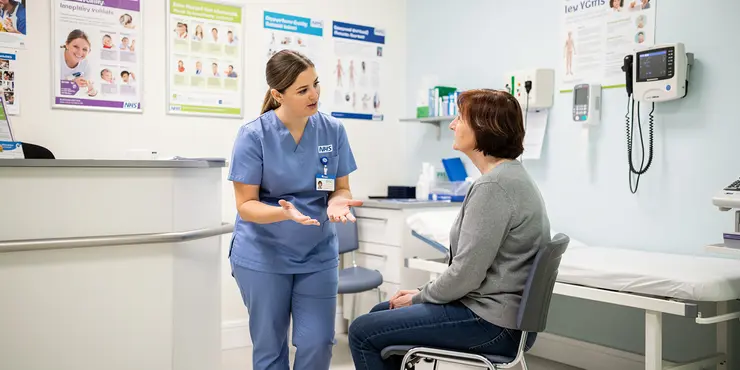
How soon do symptoms appear after infection?
Relevance: 36%
-
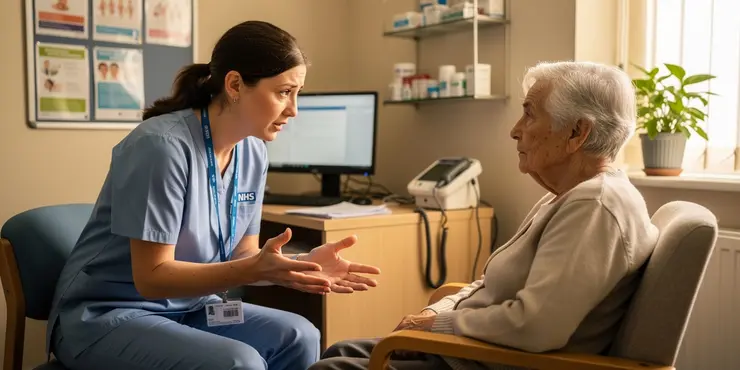
What is Shingles?
Relevance: 34%
-
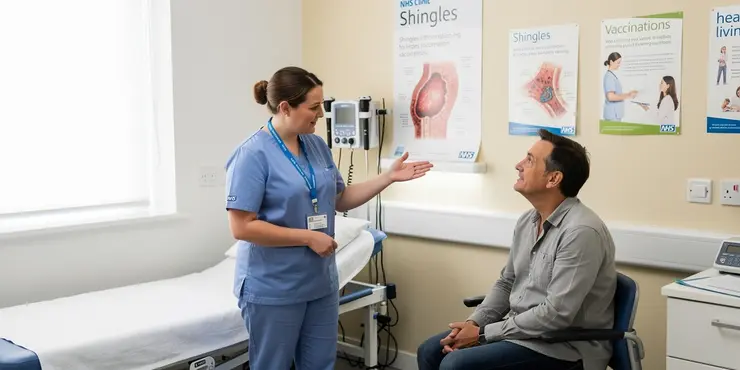
Is shingles contagious?
Relevance: 34%
-
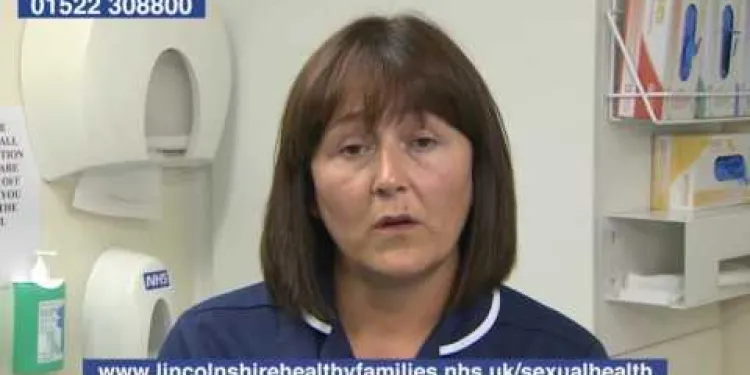
The symptoms of gonorrhoea
Relevance: 33%
-
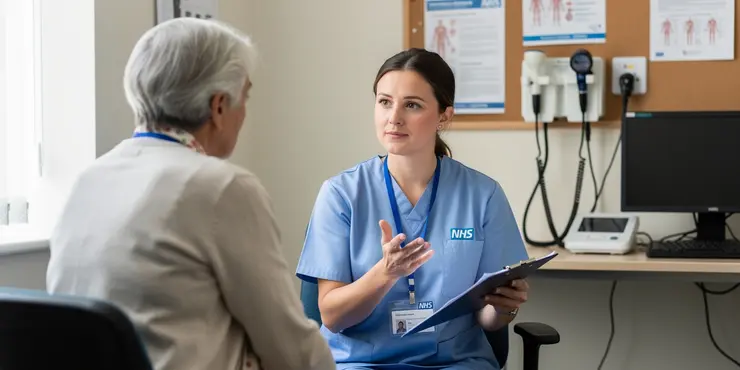
Who is at risk of developing shingles?
Relevance: 33%
-
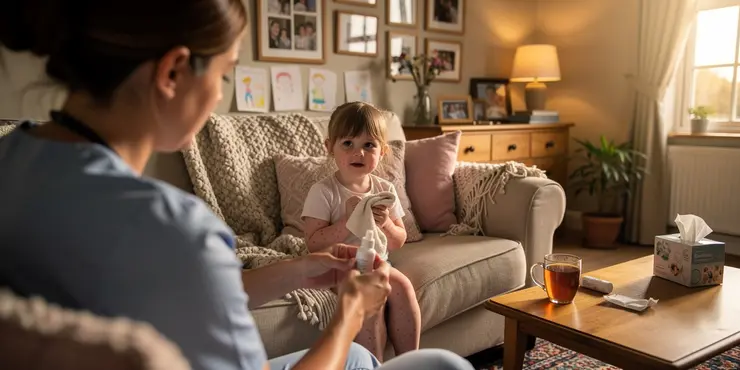
How to care for someone with chicken pox
Relevance: 32%
-
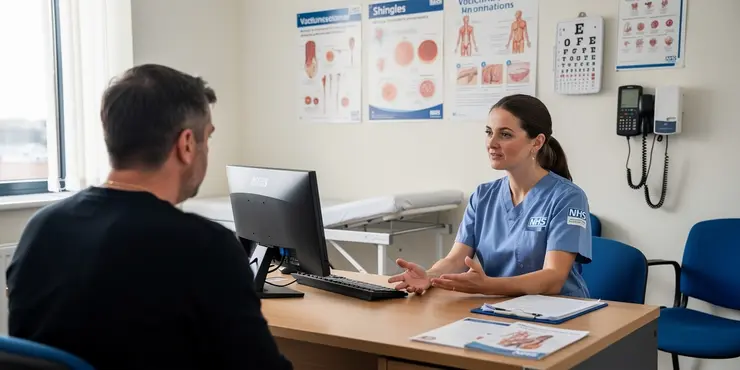
What causes shingles?
Relevance: 32%
-
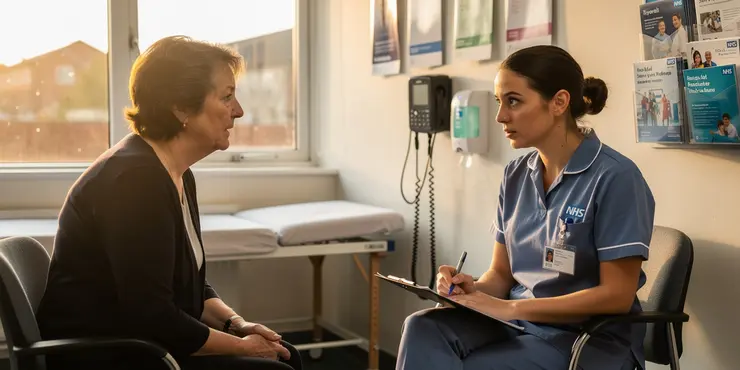
What are the symptoms of norovirus?
Relevance: 32%
-
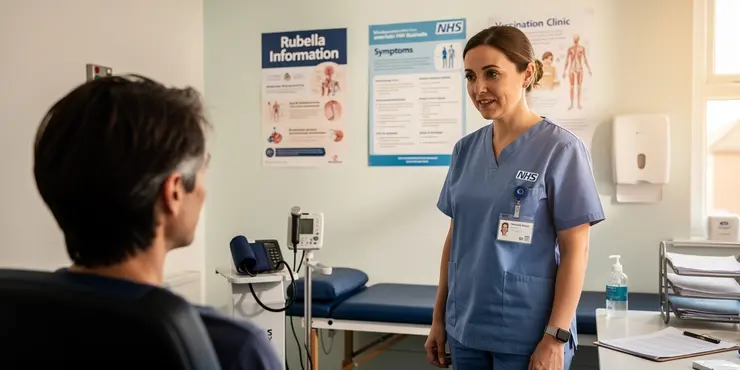
What are the symptoms of Rubella?
Relevance: 32%
-
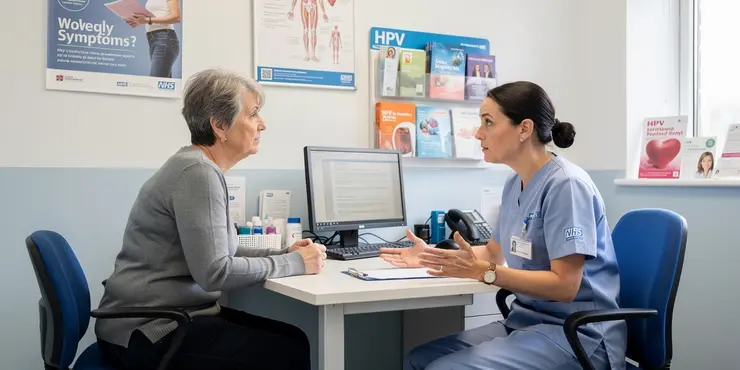
Are there symptoms of an HPV infection?
Relevance: 32%
-
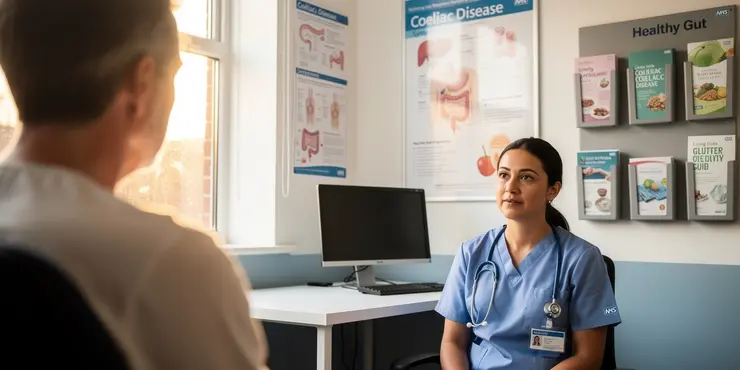
Symptoms of coeliac disease
Relevance: 32%
-
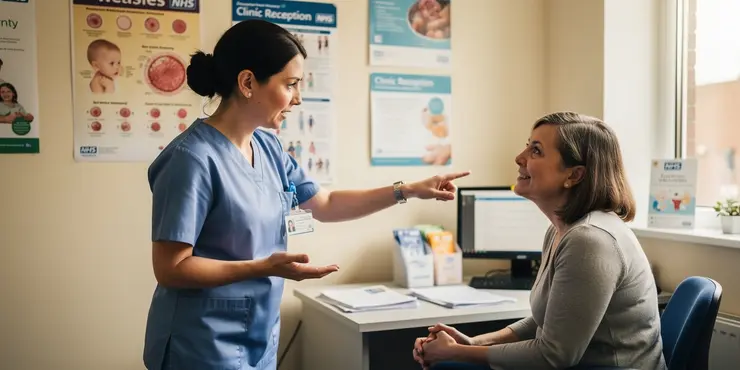
What are the symptoms of measles?
Relevance: 32%
-
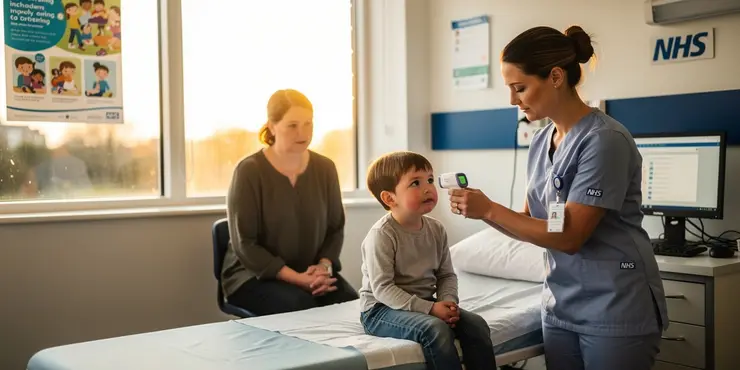
What are the symptoms of measles?
Relevance: 32%
-
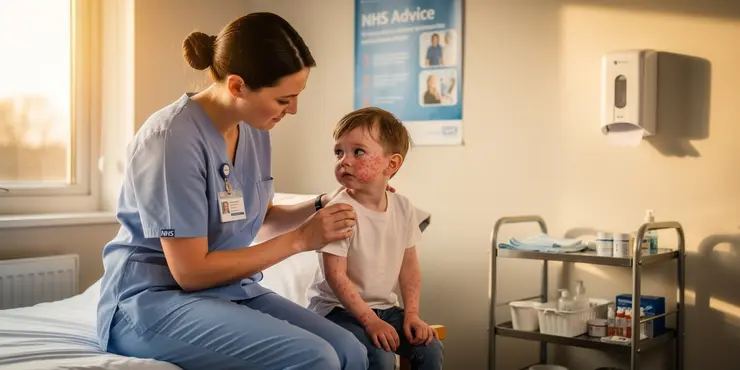
What are the symptoms of measles?
Relevance: 31%
-
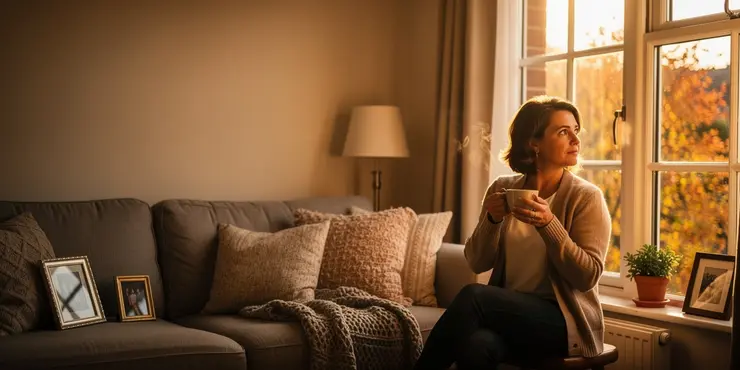
What are the symptoms of SAD?
Relevance: 31%
-
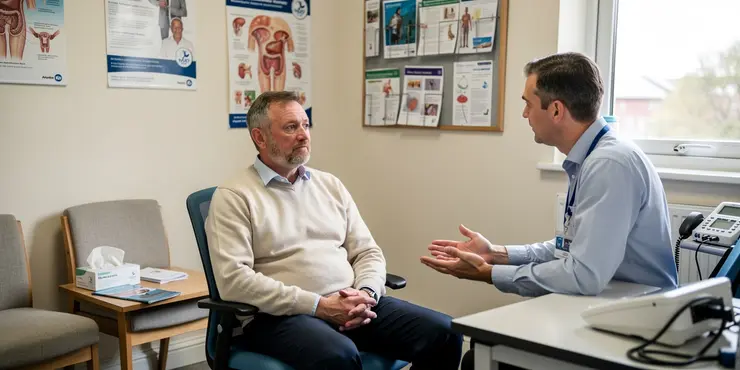
What are the symptoms of BPH?
Relevance: 31%
-
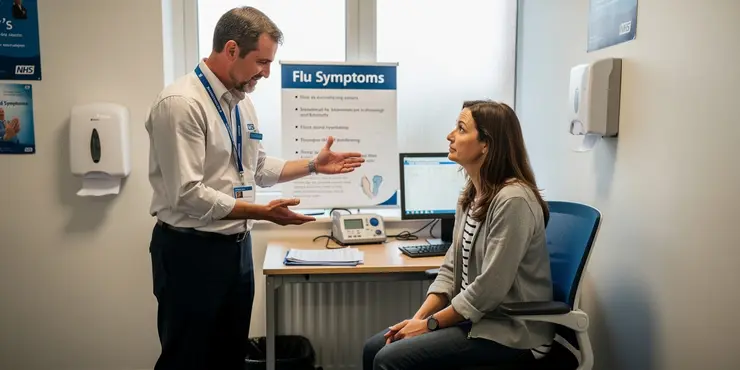
What are the symptoms of flu ?
Relevance: 31%
Introduction to Chickenpox Symptoms
Chickenpox is a highly contagious viral infection caused by the varicella-zoster virus. It is most commonly seen in children, though it can also affect adults. Understanding the symptoms of chickenpox is essential for early detection and preventing the spread of the virus. Here, we discuss the common symptoms of chickenpox relevant to a UK audience.
Initial Symptoms
The initial symptoms of chickenpox often resemble those of a mild flu. In the early stages, individuals may experience a low-grade fever, usually ranging from 37.5°C to 39°C, accompanied by a general feeling of being unwell. This is often referred to as malaise. In addition, there might be a mild headache and a loss of appetite. These symptoms typically appear one to two days before the more recognizable signs of chickenpox become evident.
Development of the Rash
The hallmark symptom of chickenpox is the appearance of a red, itchy rash. The rash usually begins as small red spots on the chest or back, spreading quickly to other parts of the body. Over the next 10 to 12 hours, these spots develop into itchy, fluid-filled vesicles or blisters that can cover large areas of the skin. The blisters are known to change rapidly, eventually turning cloudy and then crusting over, forming scabs. The rash often travels through different stages simultaneously, meaning new spots can appear even as older ones are starting to scab over.
Itching and Discomfort
One of the most bothersome symptoms of chickenpox is the intense itching that accompanies the rash. The itching can be severe and generally leads to significant discomfort, especially in children. It's crucial to resist scratching the blisters to prevent secondary bacterial infections and minimize scarring.
Other Common Symptoms
In addition to the rash and initial flu-like symptoms, some individuals may experience additional symptoms. These can include fatigue, irritability, and muscle aches. In severe cases, particularly in adults or individuals with weakened immune systems, symptoms such as a higher fever and a more extensive rash may occur. Complications like bacterial infections of the skin, pneumonia, or encephalitis, although rare, can arise, necessitating prompt medical attention.
When to Seek Medical Advice
While chickenpox is often mild in healthy children, certain situations require medical advice. If you or your child experiences breathing difficulties, persistent high fever, or if the rash spreads to the eyes, consult a healthcare professional. Vaccination is available and recommended for those who have not had chickenpox, particularly for adults and immunocompromised individuals. Early recognition of symptoms can help in managing the condition effectively and preventing its spread, particularly in communal settings such as schools.
Introduction to Chickenpox Symptoms
Chickenpox is an illness that spreads easily. It is caused by a virus. Mostly, children get it, but adults can too. It's important to know the signs of chickenpox. This way, we can find it early and stop it from spreading. Let's talk about what chickenpox looks like.
First Signs
At first, chickenpox can feel like having a cold or the flu. You might get a fever. A fever is when your body gets hotter than normal. People also might feel tired and not want to eat. You might have a mild headache, too. These signs show up one or two days before the chickenpox rash appears.
The Rash
The rash is the main sign of chickenpox. It starts as small red spots on the chest or back. These spots can spread all over the body. After a few hours, the spots turn into little blisters that itch. The blisters fill with fluid and later become scabs. Some spots are new while others are healing.
Itching and Trouble
The rash really itches! This itching can bother you a lot. Try not to scratch! Scratching can make your skin get infected and could leave scars.
Other Signs
Besides the rash and fever, you might feel very tired, grumpy, or have sore muscles. If chickenpox is more serious, like in grown-ups or people who are already sick, they can get a worse rash and higher fever. Some serious problems might happen, so it's important to see a doctor if you're worried.
When to See a Doctor
Chickenpox is usually not serious in healthy kids. But you should see a doctor if there's trouble breathing, if the fever stays high, or if the rash gets near the eyes. There is a vaccine to protect against chickenpox. Some people should get it, like adults or those who can get sick easily. Knowing the signs can help keep everyone safe, especially in schools.
Frequently Asked Questions
What are the initial symptoms of chickenpox?
The initial symptoms of chickenpox often include a mild fever, headache, and a feeling of discomfort or malaise.
How does the chickenpox rash typically start?
The chickenpox rash typically starts as small red spots that rapidly develop into itchy, fluid-filled blisters.
Do chickenpox blisters appear all at once?
No, chickenpox blisters usually appear in waves over the course of several days.
Can chickenpox cause fever?
Yes, chickenpox often causes a fever, which can range from mild to high.
What other types of lesions appear with chickenpox?
In addition to blisters, chickenpox lesions can include scabs that form after the blisters break and dry up.
Is itching a common symptom of chickenpox?
Yes, itching is a very common and prominent symptom of chickenpox.
Can chickenpox affect the mouth and throat?
Yes, chickenpox can cause lesions in the mouth and throat, which can be painful.
How long do the symptoms of chickenpox last?
Chickenpox symptoms can last from 5 to 10 days.
What are some complications that can arise from chickenpox?
Complications may include bacterial infections of the skin, pneumonia, and inflammation of the brain (encephalitis).
Are there any symptoms specific to adults with chickenpox?
Chickenpox can be more severe in adults, who may experience a higher fever, more lesions, and a greater risk of complications.
Can chickenpox cause fatigue?
Yes, fatigue or a general feeling of tiredness is a common symptom of chickenpox.
What is the progression of the chickenpox rash?
The rash progresses from red spots to blisters to scabs over several days.
Can chickenpox cause a cough or sore throat?
Yes, a cough or sore throat can accompany chickenpox, especially if lesions are present in the respiratory tract.
What are signs of a bacterial infection of chickenpox lesions?
Signs include increased redness, warmth, swelling, and pus coming from the lesions.
How contagious is chickenpox during the symptomatic period?
Chickenpox is highly contagious from about 1-2 days before the rash appears until all blisters have crusted over.
Can headache be a symptom of chickenpox?
Yes, headache is a common early symptom of chickenpox.
What is the incubation period for chickenpox symptoms?
The incubation period is typically 10 to 21 days after exposure to the virus.
Can stomach ache be associated with chickenpox?
Some people may experience a stomach ache or loss of appetite as part of the chickenpox illness.
Does the chickenpox rash cause pain?
The rash is more commonly itchy than painful, but some individuals may experience mild pain.
Are there neurological symptoms related to chickenpox?
In rare cases, chickenpox can cause neurological symptoms such as confusion or problems with balance due to complications like encephalitis.
What signs show you might have chickenpox first?
When you first get chickenpox, you might have a little fever, a headache, and feel a bit unwell.
How does the chickenpox rash start?
Chickenpox gives you a rash on your skin. It usually starts with red spots. These spots can be small. They might look like bug bites. After a while, the spots can turn into blisters filled with fluid. The blisters might itch a lot. This is how the chickenpox rash begins.
Here's a tip: If you know someone with chickenpox, stay away. It can spread easily.
Chickenpox rash starts as small red spots. Then they quickly turn into itchy blisters filled with fluid.
Do chickenpox spots show up at the same time?
When you get chickenpox, red spots will come on your skin.
These spots don't all come at once. They show up over a few days.
You can try using a calendar to mark the days new spots appear. This can help you track when the spots start and stop.
Ask someone to help you if you feel confused or need more information.
No, chickenpox spots usually show up at different times over a few days.
Does chickenpox make you have a fever?
Chickenpox is a sickness where you get red spots and feel itchy. It can also make you feel warm and have a fever. Drink lots of water and rest if you have chickenpox. An adult can help you take medicine to feel better. Ask someone you trust, like a parent or teacher, for help if you feel sick.
Yes, chickenpox can give you a fever. This means your body gets very warm. The fever can be a little warm or very hot.
What other spots come with chickenpox?
When you have chickenpox, you can get blisters on your skin. After a while, these blisters break open and dry up. Then, they can turn into scabs.
Does chickenpox make you itchy?
Yes, itching is a common sign of chickenpox. It makes you want to scratch your skin.
Can chickenpox make your mouth and throat sore?
Yes, chickenpox can make sores in your mouth and throat. These can hurt.
How long do chickenpox symptoms last?
Chickenpox makes you feel sick. This usually lasts about 1 to 2 weeks. Here are some things that might help you:
- Scratch creams to stop itching.
- Rest to help your body get better.
- Drink lots of water.
- Ask an adult for medicine if you feel bad.
When you have chickenpox, you can feel sick for about 5 to 10 days.
What problems can happen if you get chickenpox?
Chickenpox is a sickness that gives you itchy spots and a fever. Sometimes, it can cause more problems. Here are some things that can happen:
- The spots can get hurt and become infected.
- You might get a cough or have trouble breathing.
- Your body might feel weak.
To help you understand or remember, you can:
- Use pictures to show each problem.
- Ask someone to read with you.
- Use an app that reads text aloud.
Sometimes, people can get sick with other things when they have this illness. The skin might get an extra infection from germs. You might catch a bad cough called pneumonia. The brain might get swollen and sore.
What signs show that grown-ups have chickenpox?
Chickenpox can be worse for grown-ups. They might get a higher fever, more spots, and may have more health problems.
Can chickenpox make you feel very tired?
Yes, feeling really tired is a common sign when you have chickenpox.
What happens to a chickenpox rash over time?
A chickenpox rash changes as time goes on. Here is what usually happens:
- First, you see small red spots on the skin.
- Then, these spots turn into blisters filled with fluid.
- Next, the blisters break open.
- Finally, they scab over and heal.
If you have chickenpox, don't scratch the spots. Scratching can cause scars or infections.
Helpful tip: Use a cooling gel or lotion to help with itching. A doctor can also give you medicine to make you feel better.
The rash changes over a few days. First, it looks like red spots. Then, the spots turn into blisters. After that, the blisters become scabs.
Can chickenpox make you cough or have a sore throat?
Chickenpox can make you feel sick. It can give you spots and make you feel itchy. You might also get a cough or a sore throat.
Ask an adult to help you if you feel sick. You can use a soft pillow to rest and drink warm drinks to feel better.
Yes, you can get a cough or sore throat with chickenpox. This might happen if the spots are inside your throat.
What shows a chickenpox spot has germs?
Signs to look for are more redness, feeling hot, swelling, and yellow stuff (pus) coming from the wounds.
How easy does chickenpox spread when you have symptoms?
Chickenpox is easy to catch when someone has symptoms. Symptoms are signs you are sick, like spots on your skin or feeling unwell.
If you think you might have chickenpox, tell an adult. They can help you go to the doctor.
Here are some tools to help you:
- Pictures of chickenpox spots.
- A timer to count days you feel unwell.
- An app to remind you to wash hands often.
If you have questions, talk to a teacher, nurse, or parent.
Chickenpox can spread easily before you see the rash, and it can keep spreading until all the blisters have dried up.
Can a headache mean you have chickenpox?
Yes, you might get a headache when you first have chickenpox. This is normal.
How long does it take for chickenpox to start showing signs?
The time it takes to get sick after catching the virus is usually 10 to 21 days.
Can a tummy ache be related to chickenpox?
Chickenpox sometimes comes with a tummy ache. If your tummy hurts and you have spots, talk to a grown-up. They can help. Seeing a doctor can also be good.
Using pictures, like a story about chickenpox, might help you understand. Ask someone to explain in simple steps.
Sometimes, when people have chickenpox, their tummy might hurt, or they might not feel like eating.
Does the chickenpox rash hurt?
The rash usually makes your skin itchy. Some people might feel a little bit of pain.
Can chickenpox cause problems with the brain or nerves?
Sometimes, chickenpox can make the brain feel sick. This can make a person feel mixed up or have trouble standing up and walking. This happens very rarely when people get a brain problem called encephalitis.
Useful Links
This website offers general information and is not a substitute for professional advice.
Always seek guidance from qualified professionals.
If you have any medical concerns or need urgent help, contact a healthcare professional or emergency services immediately.
Some of this content was generated with AI assistance. We’ve done our best to keep it accurate, helpful, and human-friendly.
- Ergsy carfully checks the information in the videos we provide here.
- Videos shown by Youtube after a video has completed, have NOT been reviewed by ERGSY.
- To view, click the arrow in centre of video.
- Most of the videos you find here will have subtitles and/or closed captions available.
- You may need to turn these on, and choose your preferred language.
- Go to the video you'd like to watch.
- If closed captions (CC) are available, settings will be visible on the bottom right of the video player.
- To turn on Captions, click settings .
- To turn off Captions, click settings again.
More Items From Ergsy search
-

What are the symptoms of chickenpox?
Relevance: 100%
-

Is it safe to use aspirin to treat chickenpox symptoms?
Relevance: 88%
-

What is Chickenpox?
Relevance: 80%
-

Is chickenpox contagious?
Relevance: 79%
-

What is the treatment for chickenpox?
Relevance: 76%
-

How is chickenpox spread?
Relevance: 75%
-

Can adults get chickenpox?
Relevance: 74%
-

Are there home remedies for chickenpox?
Relevance: 73%
-

What are the complications of chickenpox?
Relevance: 72%
-

How long does chickenpox last?
Relevance: 71%
-
Can pregnant women get chickenpox?
Relevance: 69%
-

Common health questions about chickenpox | NHS
Relevance: 69%
-

Can chickenpox be prevented?
Relevance: 68%
-

Should I get the chickenpox vaccine?
Relevance: 68%
-

Can the shingles vaccine cause chickenpox?
Relevance: 66%
-

How to Keep a Child With Chickenpox Comfortable
Relevance: 64%
-

Who should get the chickenpox vaccine?
Relevance: 64%
-

Can you get chickenpox more than once?
Relevance: 63%
-

Can the shingles vaccine cause chickenpox?
Relevance: 62%
-

How long is the incubation period for chickenpox?
Relevance: 50%
-

What are the symptoms of shingles?
Relevance: 43%
-

How long does it take for symptoms to appear?
Relevance: 36%
-

Is shingles contagious?
Relevance: 36%
-

How soon do symptoms appear after infection?
Relevance: 36%
-

What is Shingles?
Relevance: 34%
-

Is shingles contagious?
Relevance: 34%
-

The symptoms of gonorrhoea
Relevance: 33%
-

Who is at risk of developing shingles?
Relevance: 33%
-

How to care for someone with chicken pox
Relevance: 32%
-

What causes shingles?
Relevance: 32%
-

What are the symptoms of norovirus?
Relevance: 32%
-

What are the symptoms of Rubella?
Relevance: 32%
-

Are there symptoms of an HPV infection?
Relevance: 32%
-

Symptoms of coeliac disease
Relevance: 32%
-

What are the symptoms of measles?
Relevance: 32%
-

What are the symptoms of measles?
Relevance: 32%
-

What are the symptoms of measles?
Relevance: 31%
-

What are the symptoms of SAD?
Relevance: 31%
-

What are the symptoms of BPH?
Relevance: 31%
-

What are the symptoms of flu ?
Relevance: 31%


